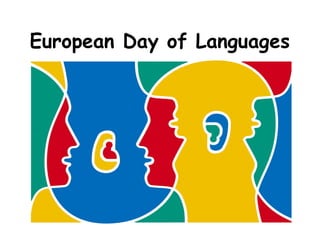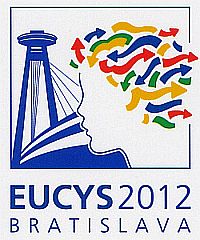E eis-nos de novo a festejar A Noite Europeia dos Investigadores. A NEI é um evento europeu que permite a cientistas e público em geral conviverem num ambiente descontraído.
A troca de ideias e experiências que a NEI proporciona pretende contribuir para a construção de uma imagem saudável dos investigadores junto do público e demonstrar que, afinal, a ciência não é tão complicada nem tão distante quanto se julga.
A extensa programação nacional tem como objectivo mostrar ao público que os cientistas são pessoas comuns mas com trabalhos extraordinários.
A NEI 2012 celebra o 100º aniversário da participação portuguesa nos Jogos Olímpicos, as várias competições desportivas internacionais onde o país participa e a importância do desporto para a qualidade de vida.
Assim, a NEI dedica a edição 2012 à relação entre Desporto e Ciência.
NEI 2012 Universidade do Porto
A Universidade do Porto propõe a exposição O Corpo que terá lugar nas Arcadas do edifício da Reitoria da Universidade, a partir das 18 horas. Mas há muito mais! É só consultar a programação aqui
Para participar em outras actividades, dirija-se ao espaço aderente mais perto de si e vá falar com investigadores, conhecer o seu trabalho, vida, anseios e paixões.
Educação:
É sem dúvida uma noite diferente que nenhum professor quer perder, fazendo-se acompanhar dos seus alunos numa experiência pedagógica prática sobre a Ciência. Seria imperdoável perder a oportunidade de participar de uma aula viva. Os professores curriculares Ciências e Física poderão acompanhar as suas turmas, e por que não solicitar o apoio de alguns pais voluntários. Consultar mais aqui
Utilização telemóveis e redes sociais:
Insisto na utilização dos telemóveis em lugar do velho bloco de notas, bem como o uso das redes sociais para partilhar experiências entre escolas: Facebook ou Twitter hashtag #Nei2012Portugal
Não deixe de ver o video "Noite Europeia dos Investigadores provoca encontro da Ciência no Porto" aqui
"Exploring science through fun learning"
And today we are celebrating a special night! Yes, the Researchers' Night 2012.
The Researchers' Night is an event bringing together the public at large and researchers. It occurs annually on the fourth Friday of September, the 28th, all over Europe.
Its main objective is to reveal scientists and science in a relaxed and friendly atmosphere.
The Researchers' Night offers the opportunity to discover research facilities that are usually not open to public such as:
- laboratories;
- research centres;
- museum collections;
Families and schools can use the most recent technologies and instruments with the guidance of scientists, participate in experiments, competitions and quizzes, watch demonstrations and simulations, exchange ideas and party with the researchers.
Exciting, isn't it? You do remember my post European Researchers' Night 2011. It was a fantastic night!
Often billed as family events, Researchers' Night will in fact appeal to people of all ages, whether with their family, school, friends or on their own, who are intrigued by how things work and by what science means for their lives.
So, you won't miss the Researchers' Night 2012! This is a mega event taking place every year on a single September night in about 300 cities all over Europe.
What do researchers really do and why does it matter for your daily life?
- How is our universe built?
- How are crime mysteries solved through science?
- What is your DNA like?
- Is climate change really happening?
Find out this and more through behind-the-scenes guided tours of research labs that are normally closed to the public, interactive science shows, hands-on experiments or workshops.
Education:
A different and exciting Sciences lesson. A live lesson! Teachers and students can join other groups of students and educators that will be for everywhere participating in this awesome live pedagogical experience.
Let your students meet the real scientists, talk to them, make some curious questions, understand the real meaning of Science.
Let your students meet the real scientists, talk to them, make some curious questions, understand the real meaning of Science.
Do you want to take part of an event in your city? Alone, with family or school class? Find an event near you!
Mobile devices & social media:
Of course tablets iphones and smartphones are allowed. Great tools (no more paper notebooks) to capture the most important moments of the night and to discuss next week in the classroom at sschool.
Social networks as Facebook profiles from a lot of European schools or Twitter profiles linked to Researchers' Night 2012 will be a good resource to contact other schools and share experiences.
Have fun learning!
G-Souto
28.09.2012
Copyright © 2012G-Souto'sBlog, gsouto-digitalteacher.blogspot.com®
Have fun learning! Reseachers' Night by G-Souto is licensed under a Creative Commons Attribution-NonCommercial-ShareAlike 3.0 Unported License.
References:
Noite Europeia dos Unvestigadores 2012
Researchers' Night 2012
Researchers' Night: one night 300 European cities










